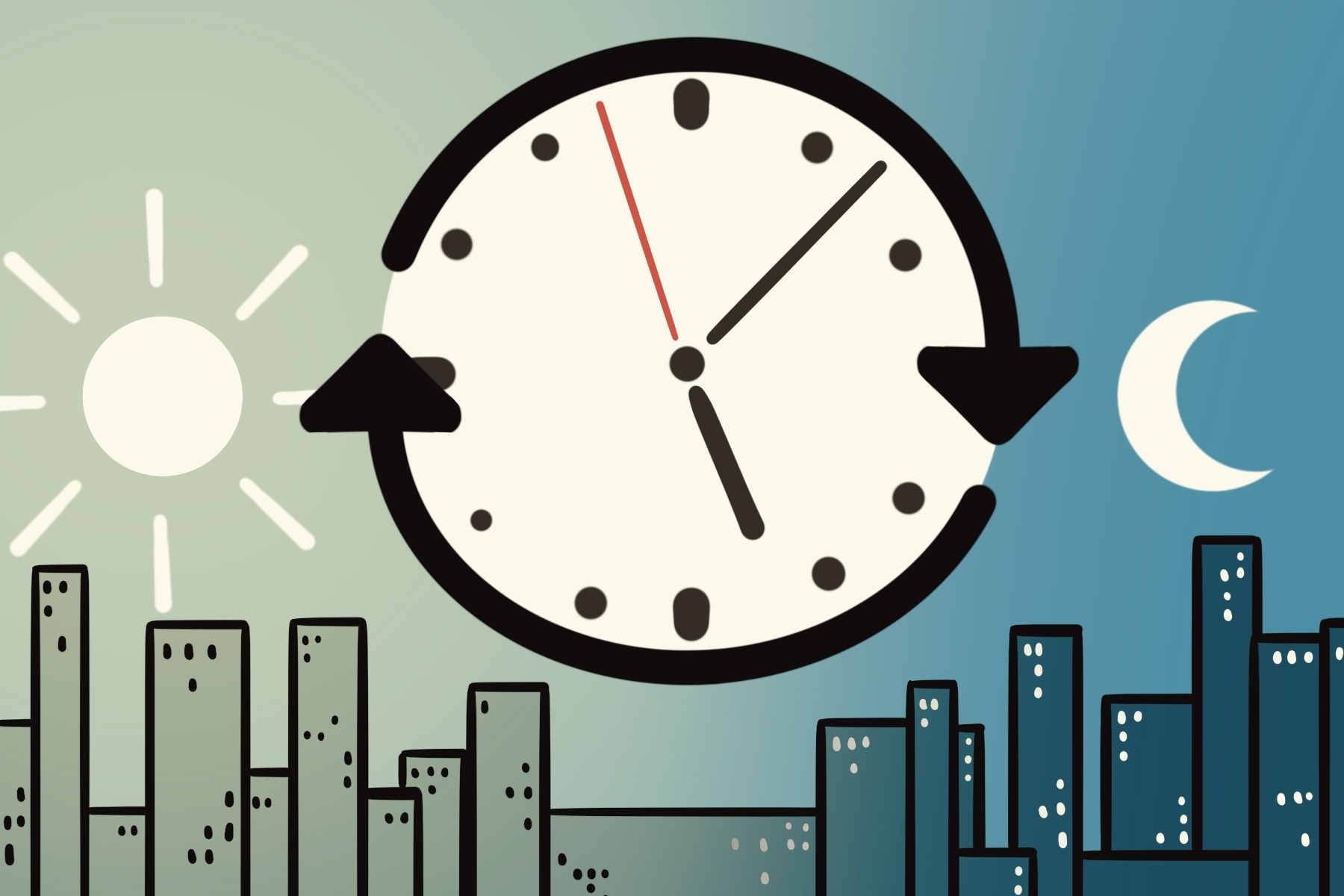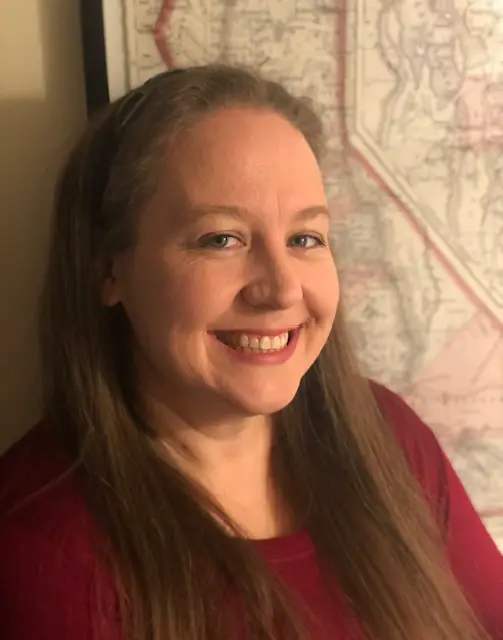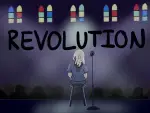During the height of the COVID-19 pandemic, the American workforce learned some valuable lessons. One of the main lessons was that employers were willing to scramble to get their employees back to work, even if that meant working remotely. Despite the challenges that the COVID pandemic presented, the world became a lot more connected through Zoom meetings, online hobby groups and curbside pickup or delivery, two options that granted consumers the joy of interacting less in person. The American economy chugged on despite stay-at-home orders and workers across the county began to prioritize themselves.
But what more can the country do to allow its residents to prioritize their needs and wants? One proposition is a 24-hour society that will allow the economy to run at all hours of the day and night. Do the benefits really outweigh the extra work it would take to implement this model?
The first obvious benefit of a 24-hour society is that consumers are free to conduct business at any time that is available to them. Not only does that include a run to Target for Ben and Jerry’s but it also means paying a parking ticket or opening a bank account, activities that normally have to be done during the 9-5 business hours. Those times are often when students are working or in class, and they would have to skip work or school in order to take care of business. With a 24-hour society, they would be able to accomplish daily tasks on the way home from work, when they wake up early in the morning or even late at night after a study group.
That leads to the next problem, which may actually turn out to be a solution. Who is going to staff the bank at 10 p.m.? Obviously, employers would need to hire more employees to cover 24-hour shifts and that would lead to an increase in employed people. Students who attend school during the day could still hold down jobs that pay better than traditional late-night employment like working at a fast-food restaurant. Not only would this allow students to rely less on student loans, but it would offer competitive pay for night time workers.
This society would also reduce costs for families as well. Parents who pay daycares to watch their children because both parents work would be able to alternate schedules, allowing for one parent to be home with the children at all times. Since daycare costs can be exorbitant, this would increase the income families have at their disposal. Making more money would decrease stress at home and lead to fewer divorces since the leading cause of relationships dissolving is often money. Single parents would also be able to work while their children are sleeping and be able to spend more time with them while they are awake. Universities adding night classes would also see an increase in tuition income while offering valuable opportunities to people who work a traditional 9-5 job. This would allow people to earn an education and get the degrees that would give a bump to their job prospects. This is another way to put more money back into the hands of the American workforce.
Skeptics of this plan might be concerned about their safety at night. Traditionally, the night hours bring certain images to mind, like that of excess crime or bad things happening in the wee hours of the morning. However, those in favor of a 24-hour society argue that having more businesses open and more people out and about in the community would make things safer. There would be more eyes out on the street and more open businesses that would deter criminals looking for an easy mark. The community would work together as one watchful eye. Instead of walking alone through empty, dark parking lots, people will freely be making their way in and out of shops and restaurants.
On the topic of crime, a 24-hour society will also allow the public to take back their ownership of public spaces. Thinking of a public park after dark might evoke images of scary people making seedy drug deals, but think instead of revitalized spaces holding night festivals with food trucks and art or even midnight showings of movies on a lawn. Nightlife doesn’t have to just be clubs and bars; what about museums, aquariums and zoos?
Another benefit would be access to public transportation. People may feel uncomfortable working a night job because they don’t own a car and getting home would mean walking alone or taking a car service that can be unnerving and scary. Running public transportation all day and night would keep people safer. More people using public transportation would cut down on car emissions and pollution.
There are going to be people that this situation doesn’t work for. People who have 9-5 jobs and enjoy their sleeping schedule probably would not benefit from a 24-hour society. But it can be argued that there are more people out there that would benefit — they’re just unknown because this model hasn’t been implemented yet. Other critics of the 24-hour society argue that this type of working environment can be detrimental to the health of workers; however, many of them quote studies on shift work and other types of jobs that take advantage of their workers. There are many people who are early birds or night owls and demanding that everyone get on the same schedule is arguably more detrimental to the health of those that feel more comfortable working and partaking in society during nontraditional hours.
The switch to a 24-hour society would require a drastic overhaul in both the economy and the mindset of the American people. It’s not something that can be done overnight and is probably nowhere close to being implemented. It’s still important for people to continue to advocate for their needs and wants just as they did during the height of the pandemic. If your employer allowed you to work nontraditional hours from home during the pandemic, they can absolutely continue to do so. If you enjoyed the freedom of attending class in your pajamas from your bed, your university can continue to offer classes that fit into your cozy lifestyle. Working together, the American workforce can demand change and better benefits to increase their comfort and satisfaction.

















